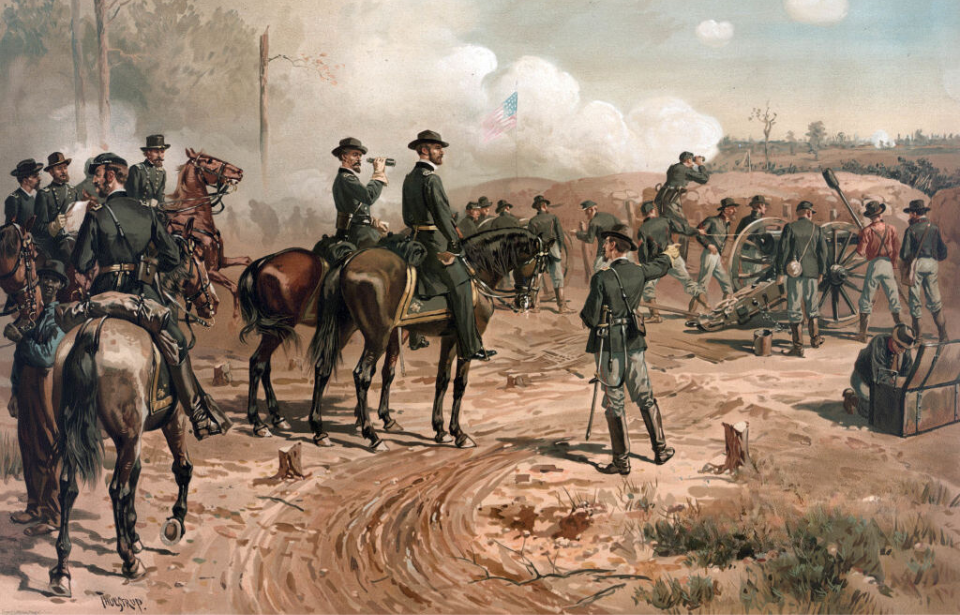One of the most, if not the most, prominent topics in US history is the American Civil War. While the majority of what’s presented about the conflict is factual, some aspects have been the subject to a large amount of myth-making. Below are examples of myths about the war that need to be corrected.
MYTH: Robert E. Lee didn’t own slaves or support slavery
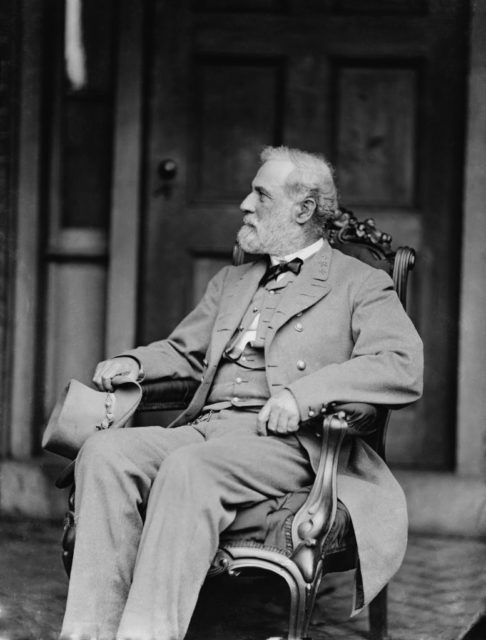
In the decades following the American Civil War, a lot of work was done to paint Confederate Gen. Robert E. Lee as a saintly hero. This includes the claim that he was against slavery and didn’t own slaves himself.
This is clearly untrue. In 1857, Lee’s wife inherited 189 enslaved people after his father-in-law, George Washington Parke Curtis, died, and the decedent’s will stipulated that the slaves be freed five years after his death. Records also show Lee sold a number of enslaved individuals to pay off debts and took legal measures to prevent the emancipation of others.
It’s said Lee was paternalistic toward his slaves, but that doesn’t change the fact that he still owned them. Civil War historian Eric Foner explains in an article published in The New York Times, “He was not a pro-slavery ideologue. But I think equally important is that, unlike some White Southerners, he never spoke out against slavery.”
MYTH: Thousands of African-Americans fought for the Confederacy
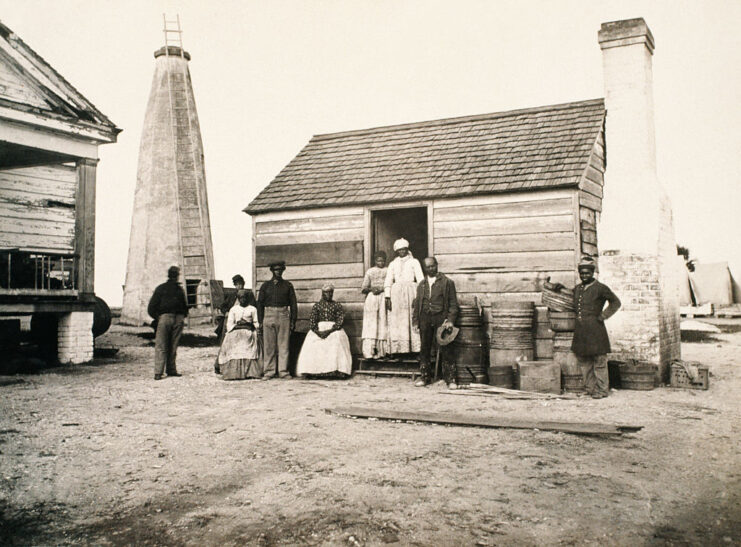
A controversial topic regarding the American Civil War is the role of African-Americans in the Confederate Army. While there are some who claim thousands of freed and enslaved soldiers fought for the South, the truth is that these individuals weren’t soldiers, nor were they there of their own free will.
The case was that thousands of African-Americans served with the Confederate forces as servants, hospital personnel, laborers and cooks, but they weren’t members of the military. They were often forced to hold these positions by the White counterparts, who still viewed them as less than. While some were paid for their work – in particular, musicians and cooks – not everyone was.
By 1865, a law was passed by the Confederate Congress that allowed for the formal enlistment of African-American soldiers, but this required their masters to recognize their freedom, which meant enlistment was slow or even non-existent in some locations.
MYTH: Ulysses S. Grant was drunk during the Battle of Shiloh
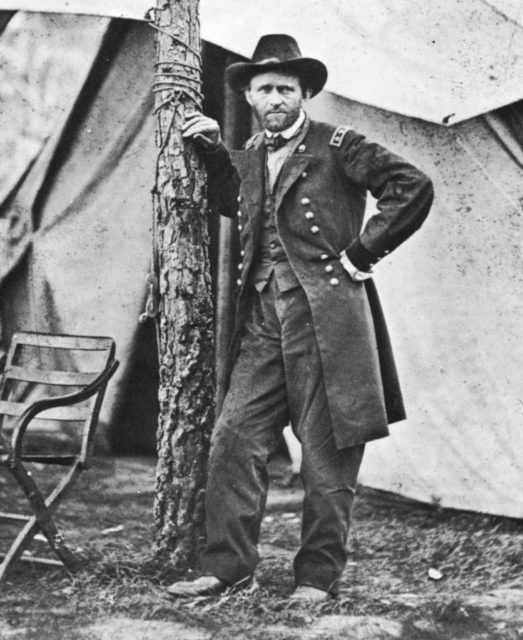
Ulysses S. Grant led the Union Army to victory during the American Civil War, becoming a national hero. Accusations of him being a drunk, however, dogged him for much of his military and political career. Some of these claims emerged following his victory at the Battle of Shiloh, when a reporter from the New York Herald wrote that he was drunk during the engagement.
Grant did have a problem with alcohol for much of his life and had a lower tolerance than most men. Writing in the 2017 book, Grant, biographer Ron Chernow stated the Union commanding general would, however, never imperil an upcoming fight by drinking beforehand.
The Shiloh rumors led to requests for President Abraham Lincoln to fire Grant. According to State Sen. Alexander McClure, the president responded, “I can’t spare this man. He fights.” In a letter to his wife, Julia, Grant swore, “[I was] sober as a deacon no matter what was said to the contrary.”
MYTH: The South lost because the North had more resources
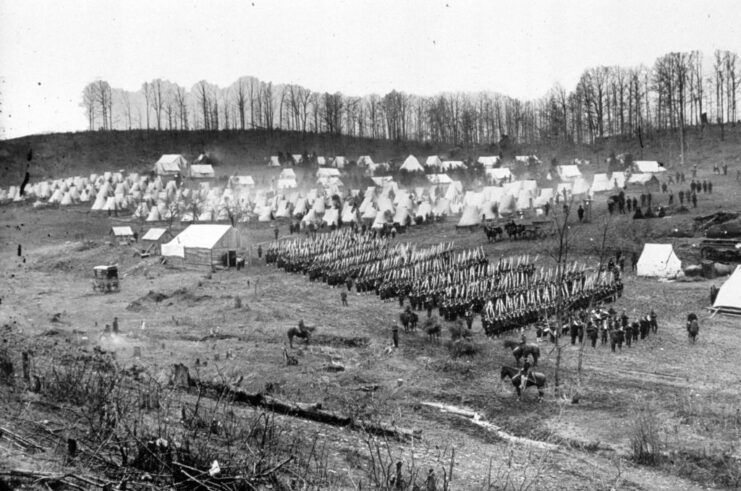
There are many who believe the myth that the South lost the American Civil War because the North simply had more resources at its disposal. While this was part of the reason, it wasn’t solely why the Confederates were unable to win the conflict.
The idea that the North defeated the South because of its superior resources has been spread since shortly after the war came to its conclusion. However, as Karen L. Cox, a professor of History at the University of North Carolina, told The Washington Post, there were several other factors at play, including poor morale and social divisions within Southern society.
Pair this with “desertions and the emancipation of enslaved people – the primary source of labor supplying Confederate armies,” and the South’s defeat to the Union forces becomes much more multifaceted.
MYTH: Amputations were frequently performed without anaesthesia
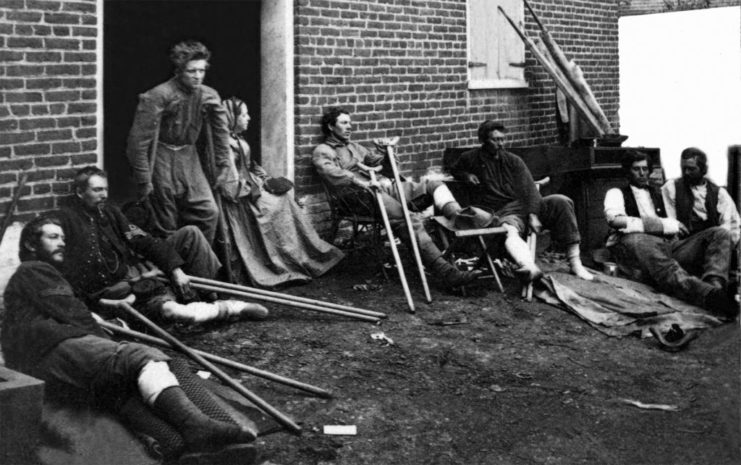
Many movies and books set during the American Civil War will lead one to believe anaesthesia was relatively uncommon during the conflict; the images of soldiers taking a shot of whiskey and biting down on a piece of wood as they have a body part sawn off are ingrained in people’s minds. While that certainly did happen, it wasn’t as common as Hollywood would make us believe.
The reality was that Civil War doctors were quite aware of the need for anaesthesia and the majority used chloroform and ether to conduct serious surgeries. According to History Collection, “Over [90 percent] of all amputations performed during the war were accomplished with the patient under anesthesia.”
One of the soldiers on the receiving end of these amputations was Confederate Gen. Stonewall Jackson. He lost his left arm to friendly fire following the Battle of Chancellorsville and died from pneumonia a week later.
MYTH: The Confederate Army was made up of volunteers
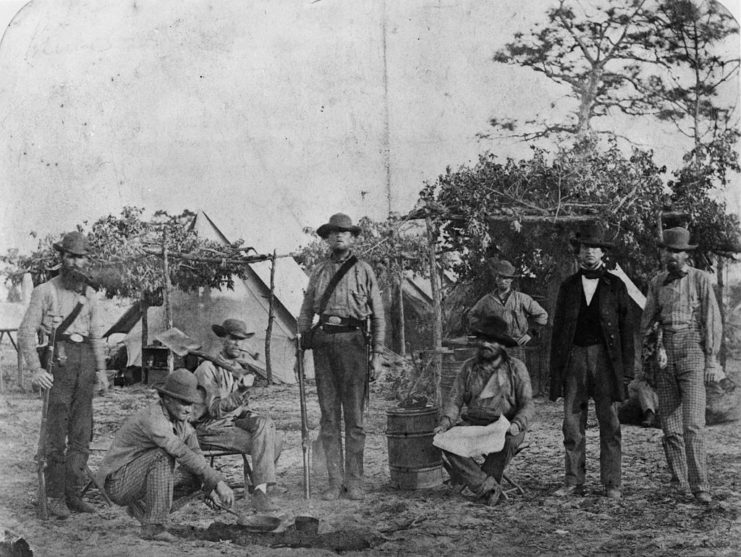
Another claim is that all soldiers within the Confederate Army had volunteered for service. This is so ingrained in our minds that sports teams at the University of Tennessee are nicknamed the “Volunteers.” This is untrue, despite the majority volunteering to join the fight.
Knowing that many soldiers would be needed for the war, the Confederate Army began a conscription program. Between 1862-64, the Confederate government passed a number of acts geared toward ensuring the Army had enough men. It initially made it so all White men between the ages of 18-35 were to serve three years. This range eventually widened to include those who were between 17-50 years old. What’s more, they were to serve in the military for an unlimited amount of time.
Like many conscription programs, the wealthy were favored. Any man owning more than 20 slaves was exempt from the draft, so they could manage their property. Wealthy men also had the choice to hire a substitute to serve in their place. While this created resentment among those who were hired, the poor had little choice but to go to war.
MYTH: States’ rights were the cause of the American Civil War
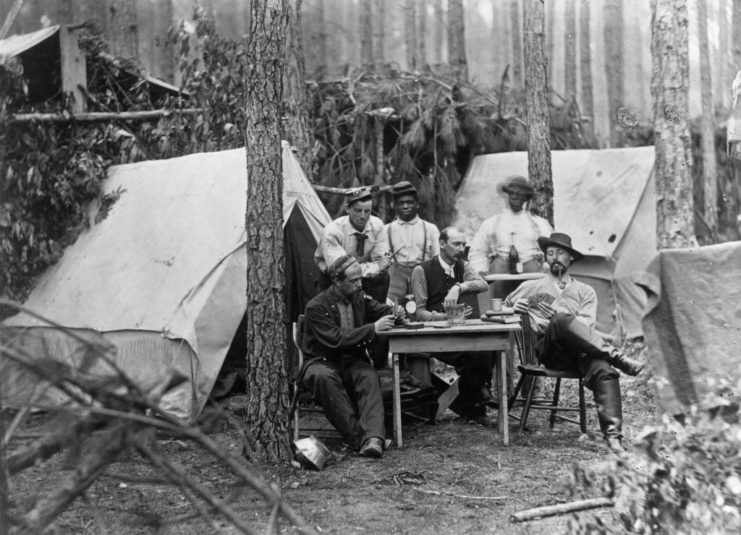
One of the main arguments from Confederate apologists is that the cause of the American Civil War wasn’t slavery. They argue the cause was states’ rights and that the Union infringed upon the South’s right to continue owning slaves, despite there being no bills put forth to end the practice.
Unfortunately for them, this argument doesn’t hold much weight. There was furious debate in the two decades leading up to the conflict, regarding the practice of slavery, and, for the South, Abraham Lincoln’s election was a bridge too far.
More from us: John Clem: The Youngest Noncommissioned Officer in US Army History
When the Confederates formed their own government, their constitution made it so that slavery could only be ruled upon at the federal level and not by individual states. One passage, in particular, stood out, reading, “No bill of attainder, ex post facto law, or law denying or impairing the right of property in negro slaves shall be passed.”
